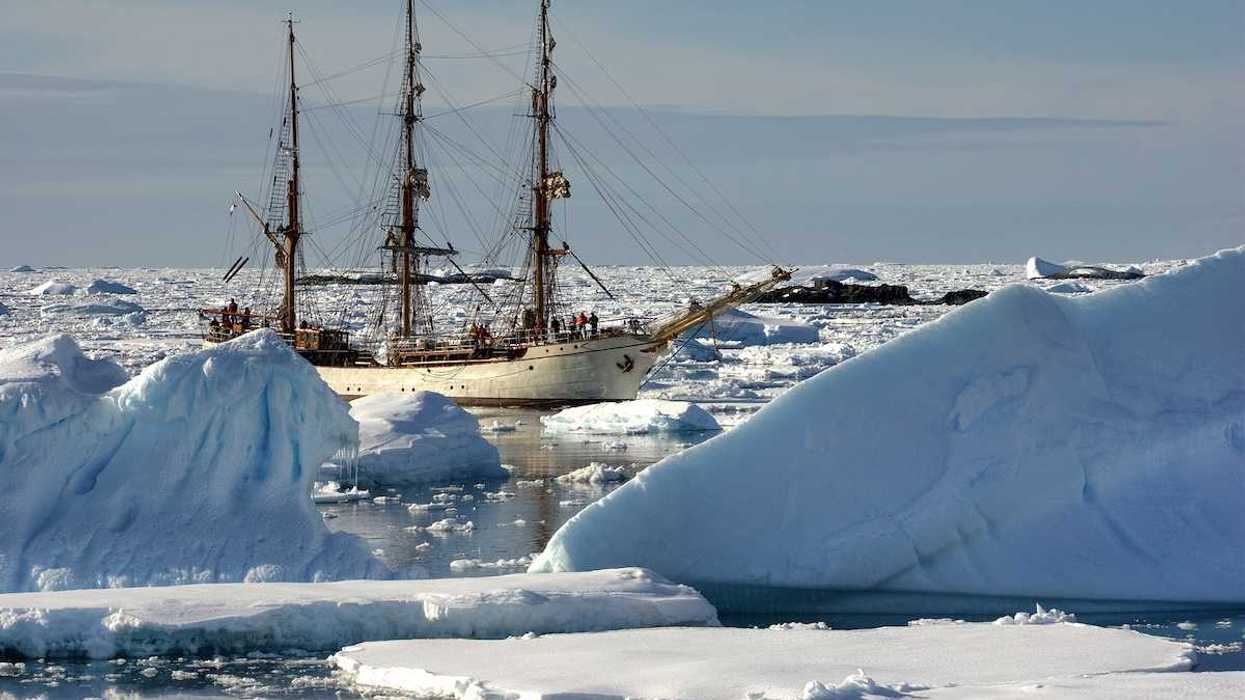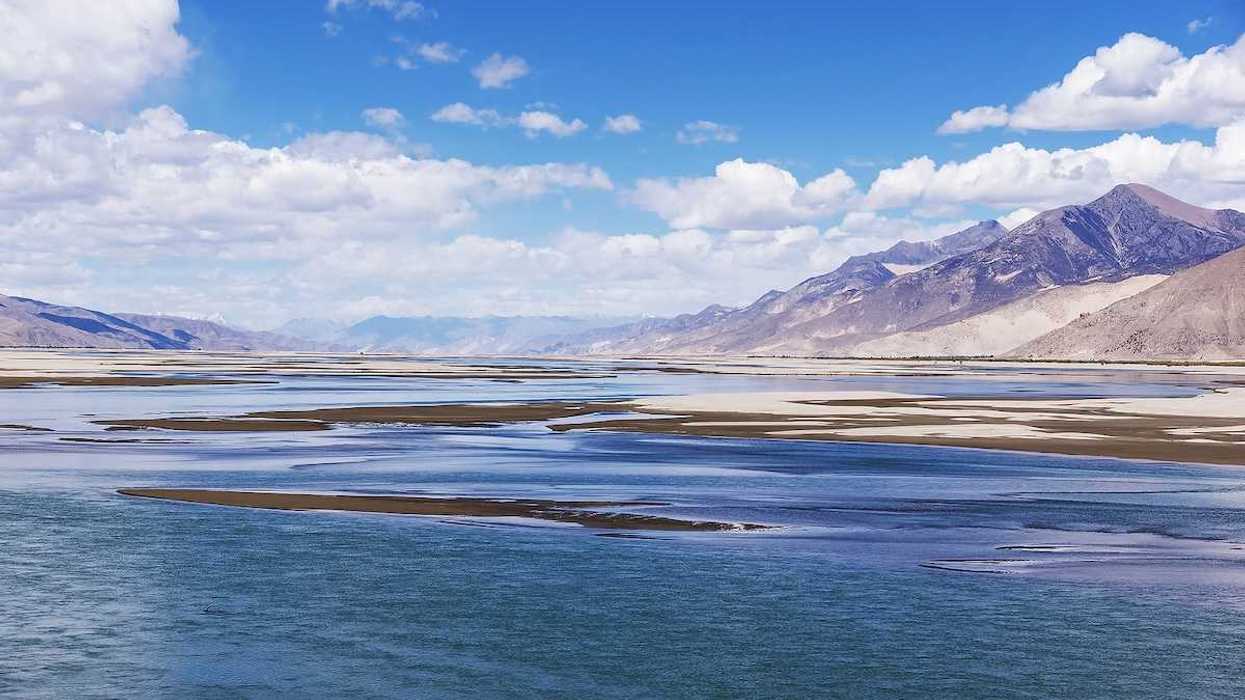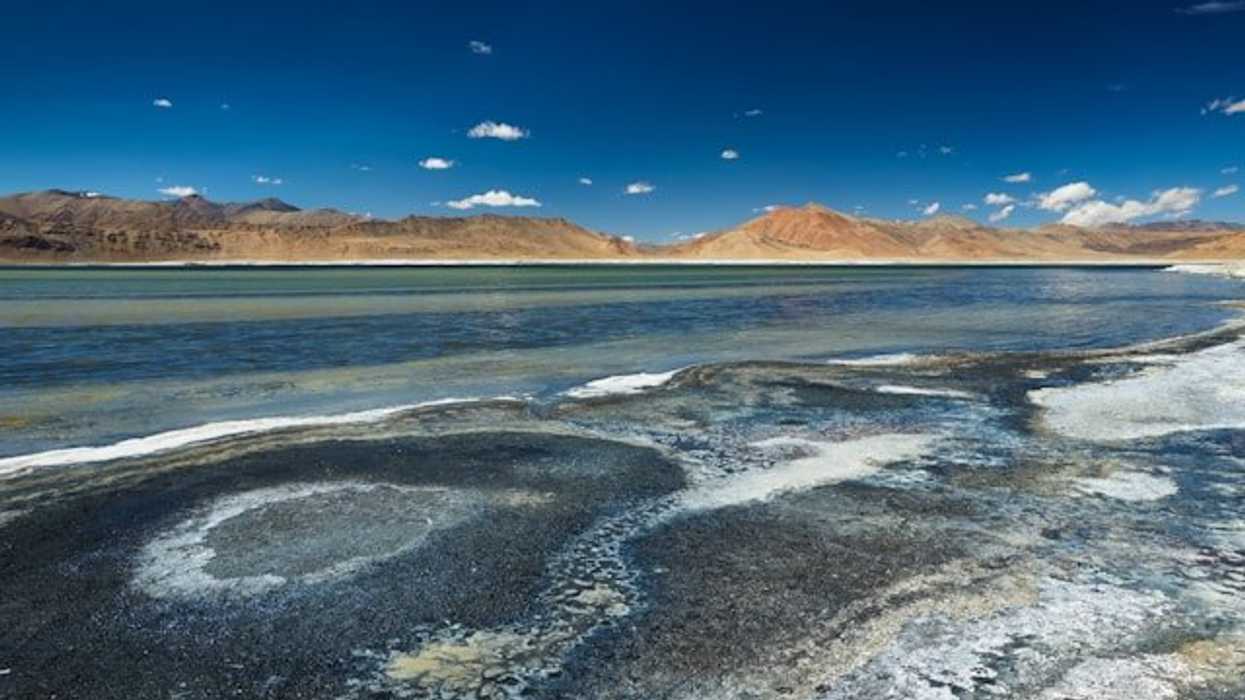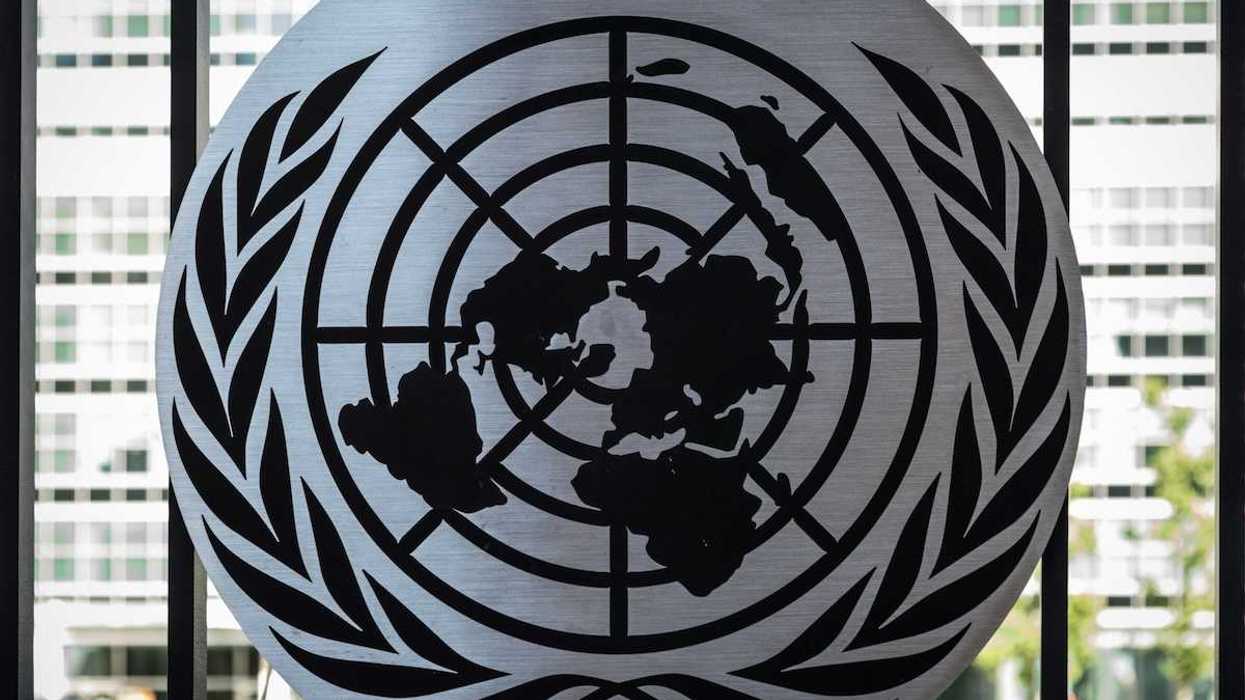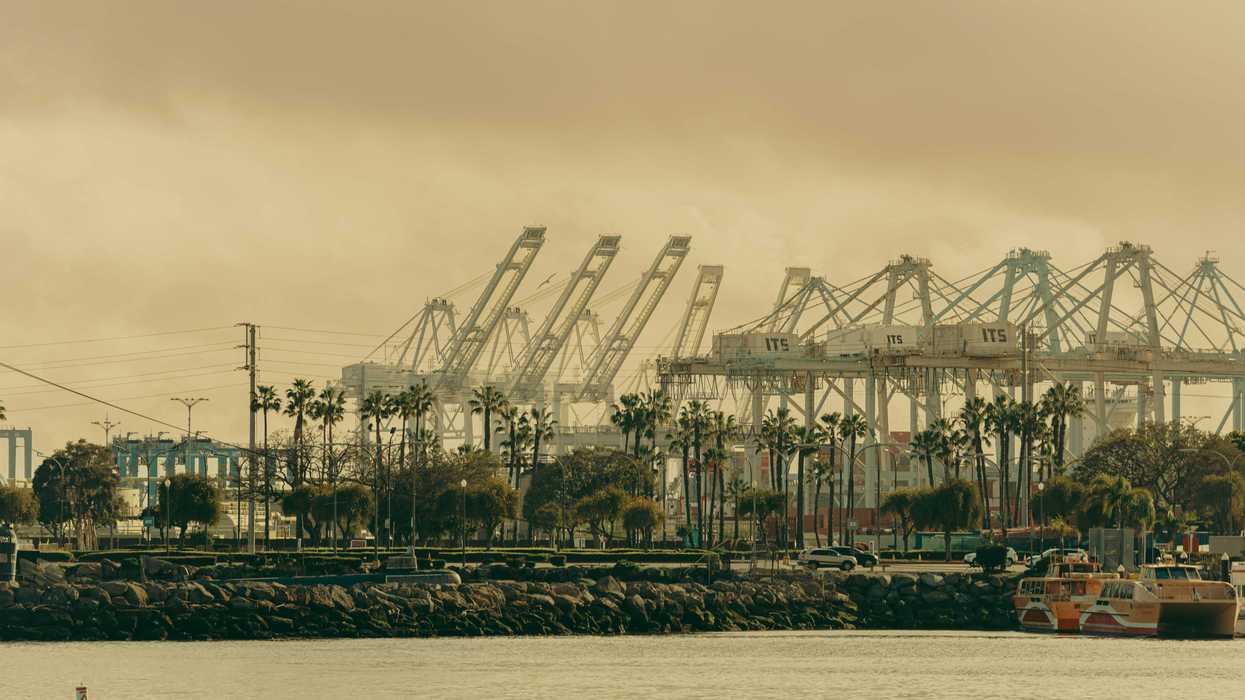Researchers from Woods Hole Oceanographic Institution plan to test ocean alkalinity enhancement off Cape Cod to assess its potential in mitigating climate change.
Barbara Moran reports for WBUR.
In short:
- The experiment aims to release sodium hydroxide into the ocean to enhance its ability to absorb CO2.
- Environmentalists and commercial fishers oppose the project, citing potential risks to marine life and its minimal impact on climate change.
- The project will begin with a small-scale test, with a larger trial planned if initial results are promising.
Key quote:
"We wouldn't be doing this if we thought there was going to be a big impact [on marine life]."
— Dan McCorkle, co-principal investigator
Why this matters:
Ocean alkalinity enhancement could offer a new method to reduce atmospheric CO2, but its effectiveness and ecological impact remain uncertain. The project’s outcomes will inform future climate engineering efforts and policies.


